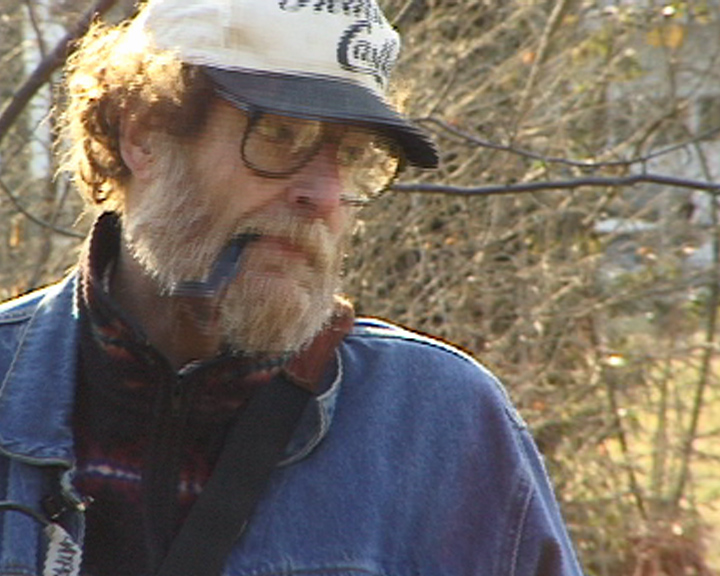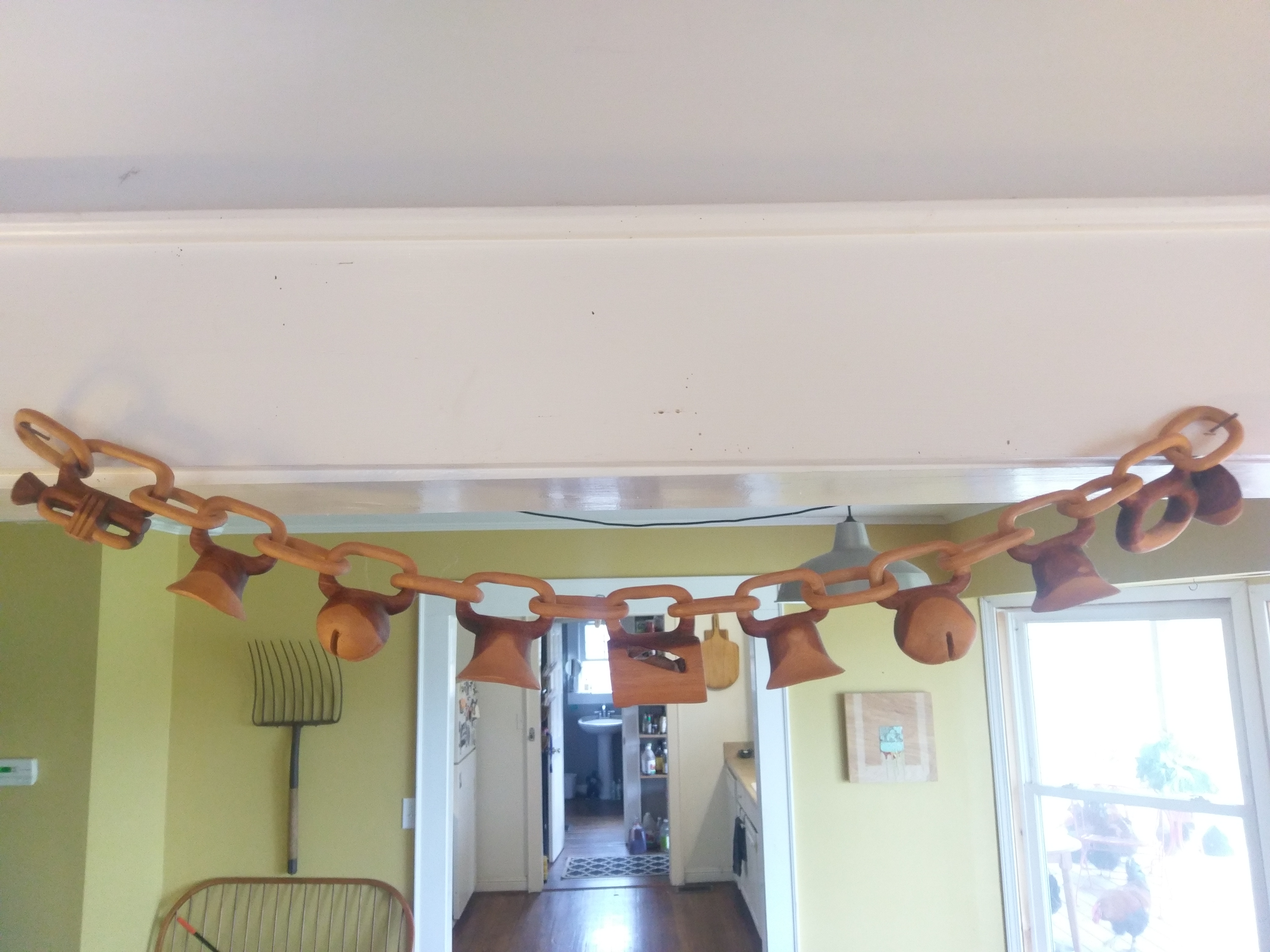
Chuck Dyke died Wednesday afternoon, February 21, 2018, less than a month after multiple inoperable cancers were discovered. He slipped away quietly with his wife and life companion Linda reading by his side, as perfect an end as such a loving and sentimental man could wish.
Chuck was the only son of Robert and Thelma and grew up in Stoughton, Massachusetts. From his childhood came his love of horse operas and pie for breakfast, and hatred of boiled chicken and being told what to do. As soon as he could, he began making decisions for himself, eventually opting out of the local school system and paying his own way at Thayer Academy. He worked his way up a series of jobs, including camp counselor, soda delivery man, and emergency room orderly, contributing to his extensive and often surprising fund of skills and lore.
From Thayer Chuck went to Caltech, where he realized he had made a mistake within the first two days but lasted out the semester. The mistake was not STEM, which remained his lifelong passion, but the way it was taught in relation to how he learned. He returned east to Brandeis University, where he was introduced to Philosophy in the most Chuck Dyke possible way, by signing up for the elective the guy he was chatting with in line was signing up for. Collaboration and saying yes to learning new things remained defining dispositions.
Graduate school was at Brown for training in analytic philosophy and a “doleful dissertation” on Rawls, Arendt, and civil disobedience. The undoleful thunderbolt of romance struck when Chuck knocked at a fellow philosopher’s door and her sister Linda, a biologist and St. John’s graduate, opened it. As soon as social proprieties allowed their two sons appeared: Carl, a historian, and Alex, an environmental engineer.
More on Chuck’s education and career can be found in the excellent interview by John Protevi at the New APPS blog.
In the happy days of the early Sixties the academy was still in full mid-century expansion. Chuck had his choice of jobs and settled on Temple University in Philadelphia, where he spent his entire career. Chuck and Linda looked at the local commuter rail system (pdf), drove out a little farther from the farthest stop, and bought a nice old house with a barn and an acre and three quarters out in Bucks County farm country which is still the family home. The mortgage was about $90 a month, which for thirty years was a source of increasing amusement as the bank tried frantically to get them to refinance. This homestead hosted many, many gatherings of colleagues and students over the years.
In the early 70’s, during the oil embargo and the World Cup, Chuck accepted a two year posting at Temple’s Rome campus, another typical embrace of an opportunity to learn new things, and a life defining experience for the whole family. He read Machiavelli, Mazzini, and Hugo Pratt, did the hard crossword puzzles in Italian, figured out how to launder a car registration through Switzerland, and made friends with local scholars who showed him how to find the best regional wine. In those days he was “Baffone,” Big Moustache, and carried his hand carved pipes in a tooled Italian leather holster on his belt. Linda began to become an art historian, the kids went to Italian public school, and everyone looked at more triptychs of the Madonna and child than is good for anyone’s sanity. For summer vacations he packed the whole family of four large Americans into one of these:

Fiat 126, circa 1973
It was a tight fit. The family insect collecting equipment went on the roof rack, which led once to an amusing loss by theft of multiple boxes of dead, pinned insects.
Although he was professionally housed in Temple’s Philosophy Department, Chuck never identified with that or any other discipline. His genius was association and he went where association, collegial and intellectual, took him. His early interest in collective decision-making evolved into concern for the broader fields of relationship and possibility in which decision-making communities emerge, to the evolutionary dynamics of complex adaptive systems, nature, ecology, and climate. He was deeply concerned, broadly speaking, with how humans are systematically fucking things up for ourselves and everyone else, and with finding ways to make this plain enough to do some good.
At home Chuck was a gardener and an artist. He spent decades of attentive digging, fertilizing, rotating, composting, and mulching, transforming an unpromising clay slab into an intensely fertile garden that left him no alternative but to sneak up to neighbors’ doorsteps late at night and ply them with produce by stealth. His art encompassed any useful and interesting thing that could be rendered in carved wood, ranging from pipes for his own iconic use made from everything from brier to salvaged barn wood, to Appalachian chain carving and caged balls,

Chain carving from the Bells and Whistles series. Collection of Carl Dyke and Rachel Herrick.
mobiles, finials, tools, knockers, handles, distributed copiously and freely to friends and family, to finally his award-winning abstract sculptures in cedar and walnut. As he did in all his teaching and collaboration, he let the wood speak to him, worked with what it was, and prompted the best of what it brought to their partnership.
Chuck was a huge human being of many parts, relations, and situations. If you knew him, please add to these remembrances in the comments so we can assemble a more complete record of him together.